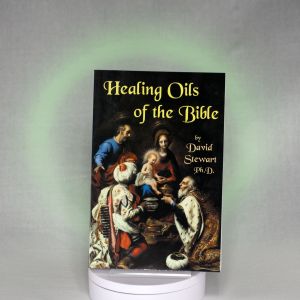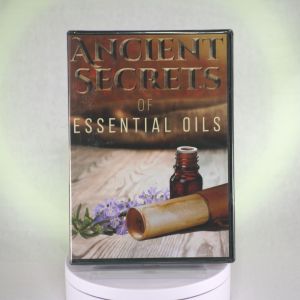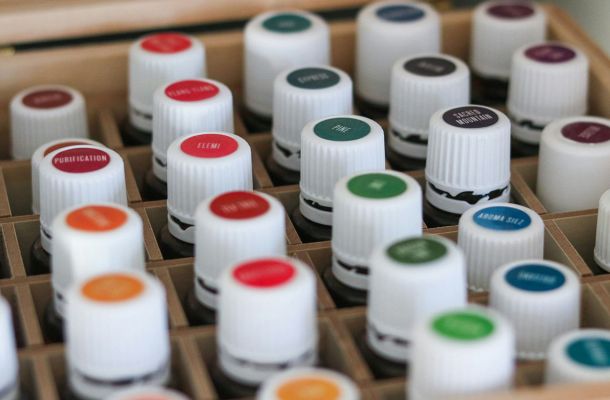This website uses cookies so that we can provide you with the best user experience possible. Cookie information is stored in your browser and performs functions such as recognising you when you return to our website and helping our team to understand which sections of the website you find most interesting and useful.
Shelf Life for Essential Oils – Volume 3, Number 1
Please feel free to share this newsletter!
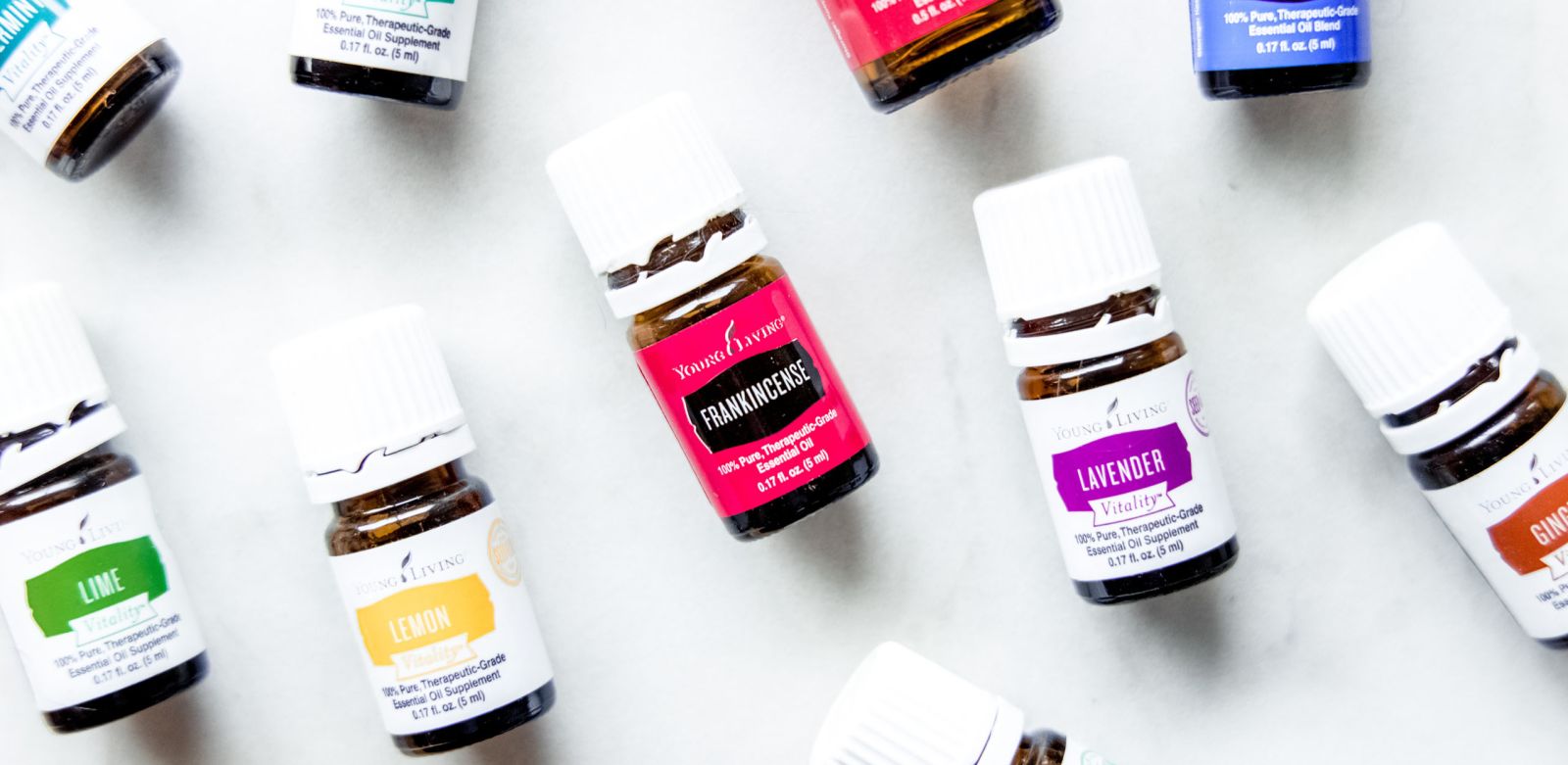

Raindrop Messenger
Official Newsletter of CARE
The Center for Aromatherapy Research and Education
12923 BCR 800, Marble Hill, Missouri USA 63764
(573) 238-4846
NOTE: The information in this newsletter is intended for education purposes only. It is not provided in order to diagnose, prescribe, or treat any disease, illness, or injured condition of the body or mind. Anyone suffering from any disease, illness, or injury should consult with a physician or other appropriate licensed health care professional.
Shelf Life for Essential Oils
By David Stewart, PH.D., R.A.
Originally Posted January/February 2005
People who use adulterated or synthetic oils worry about shelf life. Some British references on aromatherapy say one should throw away their oils every six months and purchase a fresh quantity. Such advice may be valid for certain carrier blend oils, but is not valid for pure unadulterated aromatic oils that are the products of distillation.
In order to discuss shelf life, you need to distinguish between various classes of scented oils.
There are four types of fragrant oils to consider:
- Essential oils (distilled)
- Expressed oils (usually citrus)
- Absolutes (solvent extractions)
- Carrier Blend Oils (essential oils in a fatty base)
The shelf lives of these four classes of aromatic oils are different. While expressed, absolute, and carrier blend oils contain large molecules along with their small aromatic ones, pure essential oils obtained entirely by distillation contain only small molecules.
Large molecules tend to be less stable than small ones. Shelf life addresses the question of chemical stability. Aromatic oils are mixtures of many compounds. If a mixture of compounds remains stable, that is, if it does not decompose or change its chemistry over a long period of time in storage, we say it has a long shelf life.
If you are using pure distilled therapeutic grade essential oils, as described in Chapter One of this book, then you don’t have to worry about shelf life. Essential oils have been found in Egyptian tombs that were still aromatic and effective—their therapeutic properties intact—even after thousands of years. These oils were in moderately cool, dark places tightly sealed from exposure to air and the elements. That is all they required to maintain their potency. No one knows what their true shelf life may be. All we know is that it is measured in millenia, not months.
As for the British oils, there is a so called aromatherapy grade of oil that is actually only 1-5% essential oil dissolved in a fatty base oil. The large molecules of fatty vegetable oils are not as stable as the tiny ones that comprise essential oils. Fatty oils also contain proteins, polypeptides, and amino acids—unstable compounds not found in essential oils. Fatty oils will naturally break down into smaller molecules over time at normal room temperatures. We call this “going rancid.” While large molecules have no smell, the smaller molecules resulting from the decomposition of fatty hydrocarbons do have a smell—an unpleasant one. Hence, an aromatherapy grade oil that is mostly vegatable oil does have a shelf life. Thus, the British texts that recommend pitching your oils every six months have a valid point in reference to “aromatherapy grade” oils.
A number of blends containing pure essential oils used in North America also contain some fatty oil such as olive, sesame seed, or almond. Usually, 80% or more of these blends consist of essential oils. These are not the same as the aromatherapy grade massage oils of England which are mostly fatty, but they do have a shelf life.
Expressed oils, absolutes, and carrier blend oils are sensitive to heat, such as in a car on a hot day. Heat accelerates any chemical reaction and if the large molecules in these oils are prone to gradual decomposition even at normal temperatures, this process will be hastened by heat. You can tell if any damage has been done to your oils by heat by testing the fragrance. If it still smells the same as when you bought it, it is still okay. If not, then damage has occurred. Exposure to heat in excess of 90-120° F can shorten the shelf life of expressed, absolute, and carrier blend oils, but does not shorten the shelf life of true essential oils. (See section on Heat at the beginning of this chapter for a more thorough discussion on the effects of temperature on oils.)
Absolutes, expressed oils, and oil blends that are mostly essential and only partly fatty all have a shelf life. Experience has shown that their shelf lives can be measured in years, unless the oil has been exposed to excessive heat. So if you have any such oils, your nose will know if they go bad. To know if an oil blend contains a fatty carrier oil, read the label. If you want to extend their shelf life, refigerate them. However, if you are using such oils over periods of time less than a few months, you don’t need to go to the trouble
of storing them in your refrigerator.
You don’t have to refrigerate pure essential oils that are the products of distillation. Refrigeration does not extend their shelf life. A cool environment won’t hurt them or help them. They will last indefinitely at normal living temperatures and will remain unaffected and intact even when occassionally exposed to the heat of a hot day in a car, provided you do not open the bottle until it has cooled down to normal temperatures. (More on this in the section on Heat earlier in this chapter.)
If anyone asks you about the shelf life of a pure therapeutic grade essential oil, just say, “5000 years at least.”
If they ask you about the shelf life of an oil that has been expressed, solvent extracted, or mixed with a fatty base, just say, “It depends.”
NOTE: The article above is an extract from a book to be published
by February 14, 2005 entitled: The Chemistry of Essential Oils Made
Simple by David Stewart, Ph.D. The book will be 896 pages long in hardback and its price is $49.95 plus shipping.
Available from CARE at 800-758-6629 or care@raindroptraining.com or via the internet at http://www.RaindropTraining.com
THE RAINDROP MESSENGER
Official Newsletter of CARE
The Center for Aromatherapy Research and Education
12923 BCR 800, Marble Hill, Missouri USA 63764
(573) 238-4846
NOTE: The information in this newsletter is intended for education purposes only. It is not provided in order to diagnose, prescribe, or treat any disease, illness, or injured condition of the body or mind. Anyone suffering from any disease, illness, or injury should consult with a physician or other appropriate licensed health care professional.
The Care Calendar
Topics covered in the Raindrop Messenger:
- 10 Reasons to Learn Raindrop
- Acid Reflux
- Advanced Bible Oils
- AFNOR
- Allergy Season
- Allopathy
- ALOES/SANDALWOOD
- Ancient secrets of essential oils
- Annual CCI Summit
- Anointing
- Aroma Life
- Aromatherapist
- Aromatherapy
- Aromatherapy Certification
- Arthritis
- Believer
- BIBLE OILS
- Biblical Oils
- Birch Oil
- Black Widow
- Blue Chamomile
- Body Systems
- cancer
- CARE Chemistry
- CARE Classes
- CARE INTENSIVES
- CARE Seminars
- CARE Summit 2024!
- CARE training
- Carvacrol
- CCI Certification
- CCI Summit 2024
- CEDARWOOD
- Center for Aromatherapy Research and Education
- Chakras
- Charging for Raindrop
- Chemistry
- Chemistry of Essential Oils
- Chemistry of Essential Oils Made Simple
- Chemotypes
- cleanses
- Clover
- Continuing Education Credit
- CYPRESS
- Dangers Of Prescription Drugs
- Detoxifiers
- Developing Gratitude
- DI GIZE
- DIAMOND
- Do All You Can
- Earthquakes
- Education
- Elderberry
- ELECTROMAGNETIC FIELD
- EM FIELD
- Emotional Release
- Energize
- ENZYMES
- Essential Oils
- ESSENTIAL OILS FOR INTUITIVE PURPOSES
- Essiac tea
- Exodus Supplement
- Feelings Kit
- Flu
- Focus
- Frankincense
- FREQUENCES
- GALBANUM
- Garlic
- Gary Young
- German Chamomile
- Ginger
- Goals
- god's love
- Gold
- Gold Frankincense Myrrh
- Grapefruit
- Growth
- Habits
- Harmonies Melodies & Symphonies with Essential Oils
- Heal Your Body
- Healing
- Healing Oils Of The Bible
- Helichrysum
- HERXING
- History of Anointing Oils
- Holy Anointing Oil
- Holy Incense
- Homeopathy
- Homeostatic Intelligence
- HYSSOP
- IASP
- Institute for Energy Wellness Studies
- Integrated Aromatic Science Practitioner
- Joy
- laughter
- Lavender
- Learn Raindrop
- Lee Stewart
- Legal
- lemongrass
- linen
- Liver
- Look Ahead.
- Lora Lee
- Love
- Lyme Disease
- Mind-Body Connection
- Mint
- Myrrh
- Myrtle Oil
- NAT
- Natural
- Natural Molecules
- Neuro-Auricular Technique
- never give up
- new age
- Ningxia
- Ningxia Red
- Non-Nutritive
- Nova Vita
- Ocotea Oil
- Oils of ancient scripture
- Onycha
- ORAC SCALE
- Oregano
- Oregano oil
- Overcoming Diabetes
- patchouly
- Peruvian Chocolate
- Pest Control
- pheromones
- phosphoric acid
- Photoxicity
- POO-ROMATHERAPY
- Practitioner
- Preparation
- Protocel
- Pure Therapeutic Grade Essential Oil
- Quantum Physics
- Raindrop
- Raindrop certification
- Raindrop Classes
- Raindrop instructors
- Raindrop teachers
- Raindrop Technique
- Raindrop Technique Training
- Raindrop Training
- Raindrop Without a License
- RC Blend
- ringing in the ears
- Rose Essential Oil
- ROSE OF SHARON/CISTUS
- Rose Oil
- Safe Insect Repellants
- scar-b-gone
- Science Of Essential Oils Made Simple
- Sensitivities to Essential Oils
- sick building syndrome
- SPIKENARD
- Stay Positive
- staying healthy
- Success
- Supervisor Training
- Synthetic Compounds
- tansy
- Tea Tree
- The Blood Brain Barrier
- the Ecuador Clinic
- THE FIRST IMPRESSION TECHNIQUE
- the Mind-Body Connection
- THE PRAYER OF JABEZ
- The Quantum Connection
- THE SLEEP TECHNIQUE
- Therapeutic Grade
- Thieves Household Cleaner
- Thieves Oil
- Thyme
- Thyme Oil
- Tinnitus
- Tonya Peterson
- Transformation
- Transformation Oil Blend
- Twelve Questions to Ask Those Who Invite You to Join Another Company
- unresolved emotions
- valor blend
- Vitaflex
- water
- Wealth and Spirituality
- Wintergreen
- Wolfberries
- Ylang Ylang
- YLEO
- Young Living business
- Young Living Essential Oils
- Young Living Oils and Products
Shop this issue of the Raindrop Messenger
Read more issues of the Raindrop Messenger
In each issue of The Raindrop Messenger you will find articles and essays on a variety of topics related to health and longevity. Our hope is to be informative and, perhaps, inspiring to you for the benefit of your physical, mental, social, emotional, and spiritual life. The Raindrop Messenger is also a friendly way of keeping you abreast of CARE’s ongoing programs, activities and helpful books and videos.
The articles published in The Raindrop Messenger and in this archive are not copyrighted. You are encouraged to copy them, reprint them, and share them with friends. We would appreciate acknowledgment of their source by a statement to the effect.
By submitting this form, you are consenting to receive marketing emails from: The Center for Aromatherapy Research and Education. You can revoke your consent to receive emails at any time by using the SafeUnsubscribe® link, found at the bottom of every email. Emails are serviced by Constant Contact

I JUST WANT A RAINDROP!
Have a facilitator contact you!
The Center for Aromatherapy Research and Education, Inc. (CARE) and it's Certified Instructors have trained hundreds of Facilitators in the Raindrop Technique. Click here to get started.
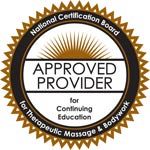
Center for Aromatherapy Research and Education is approved by the National Certification Board for Therapeutic Massage and Bodywork (NCBTMB) as a continuing education Approved Provider.
CARE International Inc
12923 BCR 800
Marble Hill, MO 63764
Toll Free (800) 758-8629
Fax (573) 755-0365
Open 9:00 AM to 4:30 PM CST
Monday - Friday
